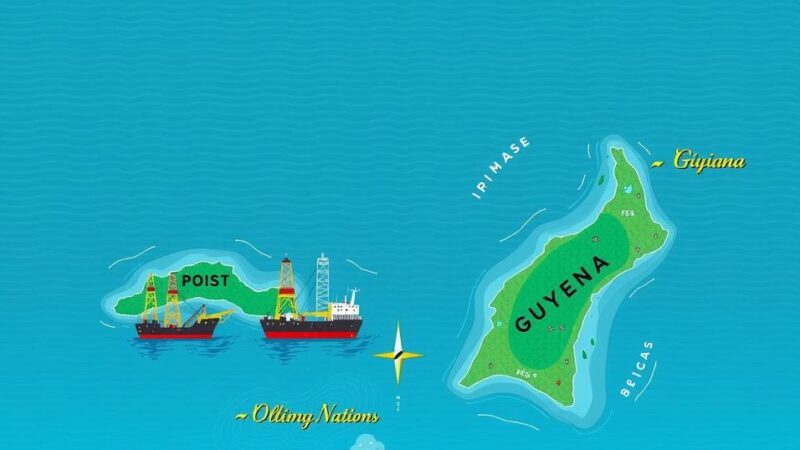President Trump invoked the Alien Enemies Act of 1798 to deport Venezuelans alleged to be gang members. This law allows for detention and deportation of individuals from enemy nations without standard legal protocols. The move sparked criticism from human rights groups, leading to legal challenges against its application, raising questions about legality and ethical implications surrounding immigration.
The Alien Enemies Act, enacted in 1798, grants the U.S. President authority to detain and deport citizens of nations identified as enemies, without adhering to normal legal processes. This statute was originally introduced amid fears of impending conflict with France and permits actions against individuals from hostile nations during wartime or when an invasion is anticipated. President Donald Trump recently leveraged this law to deport Venezuelan nationals purportedly involved with criminal gangs.
More than 200 Venezuelans were deported to El Salvador, with 137 explicitly removed under the Alien Enemies Act. This controversial action, taken under accusations against the Venezuelan gang Tren de Aragua for threatening U.S. territory, also faced criticism from human rights organizations. Although a federal judge attempted to halt these deportations due to the lack of declared war, the administration proceeded, claiming the judge’s order lacked legality.
The historical context of the Alien Enemies Act shows its application during conflicts, including World War Two, where Japanese Americans were interned en masse, alongside other groups. Trump’s invocation, however, marks a unique usage of the act, as he previously stated an intention to eradicate foreign gangs, prompting opposition from civil rights advocates.
Organizations such as the American Civil Liberties Union (ACLU) have voiced criticism, arguing that deportations violate legal principles under the guise of wartime authority. Although the White House defended the action, the response from Venezuelan officials conveyed condemnation, citing it as an effort to unjustly categorize Venezuelan migrants. Legal experts assert that Trump’s actions prioritize ethnic background over substantive evidence of criminality.
The utilization of the Alien Enemies Act by President Trump has raised significant legal and ethical concerns, particularly regarding the treatment of Venezuelan migrants. The act’s historical precedents underline the gravity of such measures, especially given the lack of a formal declaration of war. The backlash from rights organizations and the Venezuelan government highlights the continuing debate over immigration policies and their implications for civil rights.
Original Source: www.bbc.com






